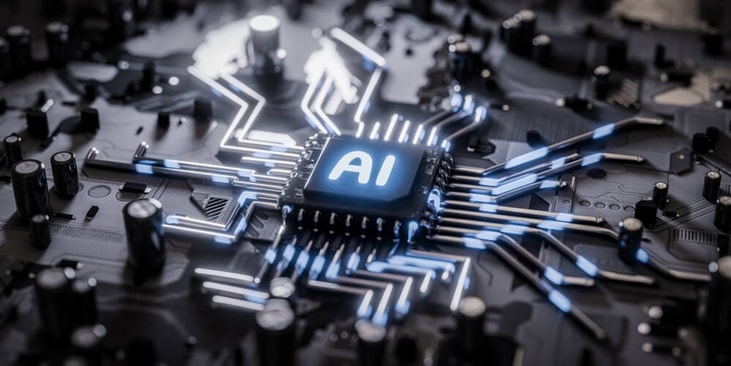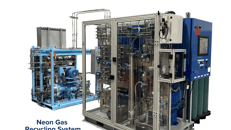Powering the AI revolution: Can semiconductors keep up?
Artificial intelligence (AI) is reshaping our world, from autonomous cars to smarter healthcare systems, but powering this revolution is no small feat. Behind every AI breakthrough lies a semiconductor chip, a marvel of technology that’s becoming increasingly vital and, at the same time, harder to produce. At the World Economic Forum in Davos, experts gathered to discuss the future of semiconductors and the challenge of balancing AI’s growing demands with energy and resource constraints.
“It’s going to be about power,” said Rodrigo Liang, CEO of SambaNova Systems, during the panel. “It’s going to be about efficiency, actually deploying these chips across a broad range of applications, from your data centre all the way to the edge.”
But the industry is facing a bottleneck. The chips we rely on for everything from Netflix recommendations to medical imaging are energy-intensive to manufacture and use, and scaling up production is a challenge in itself.
... to continue reading you must be subscribed






















